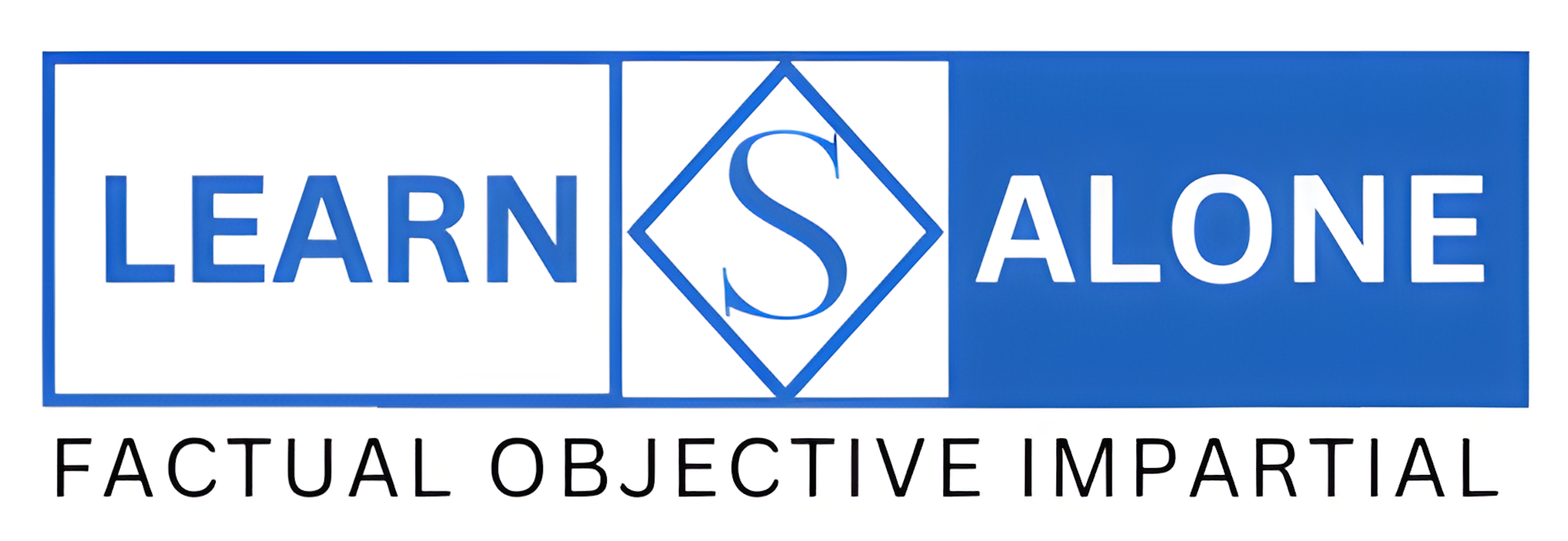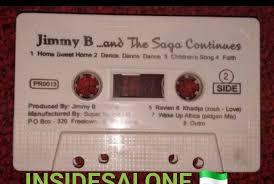By Edward Dictionary Caulker
In the heart of Sierra Leone’s bustling entertainment transformation, a curious silence has crept in one that echoes from the once-vibrant corners of the cassette and compact disc (CD) markets. Vendors who once lined the streets, stalls, and roundabouts of Freetown, Bo, Kenema, and Makeni with booming sound systems and stacks of jewel cases are now rarely seen or heard.
As the nation shifts toward digital platforms, a critical question arises: Are these traditional media sellers still relevant in today’s entertainment ecosystem?
This past Saturday on the Entertainment Review Show, I engaged in a thought-provoking conversation with three key voices in the discourse: Abubakarr Dede Kamara, President of the Cassette Sellers Association (CASA); Ibrahim Baba, Acting President of the Compact Disc Sellers Association (CDSA); and Prince Larry, a seasoned music producer and blogger. What emerged was a vivid reflection of nostalgia, resistance, realism, and the pressing need for reinvention.
The Last Stand of Cassette Culture
Abubakarr Dede Kamara, speaking for the cassette sellers, painted a picture of slow but stubborn endurance. While acknowledging that the usage of cassettes has “drastically declined,” he was quick to defend their cultural legacy.
“Cassette sellers still have value in the provinces. There are areas where digital platforms are not accessible, and people still rely on our services,” Kamara stated passionately.
Indeed, in a country where digital divides remain stark between urban and rural communities, his argument bears some merit. Remote regions with limited internet access, low smartphone penetration, and erratic electricity supply still represent pockets where cassettes or perhaps more accurately, USBs and memory cards serve as local substitutes for streaming platforms. Yet, the physical cassette tape itself, much like the machines that play them, is rapidly becoming a relic. Most modern households no longer possess cassette players, and production of tapes is virtually non-existent. The economics and practicality of cassette selling, even as a stopgap measure, appear untenable in 2025.
CDs in the Age of the Cloud
Ibrahim Baba of the CDSA offered a parallel argument for compact discs, emphasizing their role as a bridge for the “digitally uninitiated.”
“We help artists reach people who don’t use YouTube, Boomplay, or Audiomack. Not everyone is on the internet,” he explained.
True—CDs once represented ownership, a tangible connection to music and film. But even that sentiment is now outdated. CD players are fading out of personal and public use, even in internet-scarce areas. Smartphones and Bluetooth speakers dominate, while music travels via WhatsApp, Bluetooth, Xender, and radio airplay. Even when internet access is low, people can still download MP3 files and videos from street tech vendors or internet cafés, rendering CDs increasingly obsolete.
Moreover, piracy and unregulated duplication long the backbone of CD sales in Sierra Leone have further weakened trust in the quality and originality of CD content. Add to that the global shift away from physical media and it becomes clear: the CD, much like the cassette, is struggling to hold on in a mobile-first, cloud-based world.
A Voice from the Present
Offering a middle ground, music producer and blogger Prince Larry acknowledged the invaluable role both cassette and CD sellers played in the rise of Sierra Leone’s music scene in the early 2000s.
“We can’t erase the role they played,” he affirmed. “But today, artists are focusing on monetization through digital platforms—YouTube, Audiomack, and Boomplay. That’s where the market is.”
His analysis reflects the pragmatic reality of the moment. Artists now prioritize digital distribution not just for convenience, but for revenue, reach, and recognition. Music analytics, royalties, playlist placements, and algorithmic exposure are redefining how success is measured in the industry. Larry advised a shift in thinking not just lamenting the loss of relevance, but proactively seeking new opportunities.
“They need to start thinking of how to transition into digital distribution,” he said. “Perhaps partnering with tech startups or training their members to become digital promoters or marketers.”
The Path Forward: From Obsolete to Adaptive
It would be unfair and short-sighted to label cassette and CD sellers as simply “out-dated.” What they represent is not just a mode of distribution, but a legacy of entrepreneurship, community engagement, and cultural propagation. Many of today’s artists owe their early exposure and earnings to these sellers who hawked their demos, mix tapes, and DVDs across marketplaces and motor parks.
But in the age of Spotify playlists, TikTok challenges, and smartphone speakers, the landscape has changed irreversibly. For sellers still clinging to traditional models, survival will depend on adaptability. Rather than resisting the digital tide, associations like CASA and CDSA must evolve:
Digital Up-skilling: Members can be trained to handle online music uploads, run artist profiles, or manage digital marketing campaigns.
Partnerships with Streaming Services: Collaborations with platforms or local start-ups can enable them to act as regional ambassadors or distribution agents.
Tech Integration: Rather than selling physical discs, sellers could provide preloaded memory cards, curated playlists, or offline downloads for customers in low-connectivity areas.
Conclusion: From Silence to Reinvention
The fading presence of cassette and compact disc sellers is not merely a matter of obsolescence it is the natural result of a world restructured by technology. But silence need not equate to disappearance. With the right vision and investment in transformation, these vendors can carve out a new relevance one rooted not in nostalgia, but in innovation.
The future of Sierra Leone’s entertainment ecosystem is digital, yes, but it should still be inclusive. Those who once carried the music to the people can still play a role if they’re willing to rewrite the script.



